Increasing Consumer Awareness
In South Korea, the herbal nanomedicine market is experiencing a surge in consumer awareness of the benefits of natural remedies. As individuals become more informed about the potential side effects of synthetic drugs, there is a noticeable shift towards herbal alternatives. This trend is supported by educational campaigns and health initiatives that emphasize the efficacy of herbal treatments. In 2025, surveys indicate that approximately 65% of South Koreans prefer herbal solutions for minor ailments, reflecting a growing trust in these products. This heightened awareness is likely to drive demand, as consumers actively seek out herbal nanomedicine options that align with their health philosophies.
Rising Incidence of Chronic Diseases
The rising incidence of chronic diseases in South Korea is also driving the herbal nanomedicine market. Conditions such as diabetes, hypertension, and cardiovascular diseases are becoming increasingly prevalent, leading consumers to seek alternative treatment options. Herbal remedies, particularly those enhanced through nanotechnology, are perceived as safer and more holistic approaches to managing these conditions. Market analysis suggests that the demand for herbal treatments could increase by approximately 30% over the next five years, as patients look for effective ways to complement their conventional treatments with natural solutions.
Cultural Shift Towards Holistic Health
There is a notable cultural shift in South Korea towards holistic health practices, which is positively influencing the herbal nanomedicine market. As more individuals embrace wellness lifestyles, the demand for products that promote overall health and well-being is increasing. This trend is reflected in the increasing popularity of herbal supplements and remedies that utilize nanotechnology for enhanced effectiveness. Market Research Future indicates that the holistic health segment is expected to grow by 25% annually, as consumers prioritize preventive care and natural solutions over traditional pharmaceuticals.
Regulatory Support for Herbal Products
The regulatory landscape in South Korea is becoming more favorable for the herbal nanomedicine market. Government agencies are implementing policies that support the research and commercialization of herbal products. This includes streamlined approval processes for herbal medicines that utilize nanotechnology, which encourages innovation and market entry. In recent years, the government has allocated approximately $10 million to support research initiatives aimed at integrating nanotechnology with traditional herbal practices. Such regulatory support is likely to enhance consumer confidence and stimulate market growth as more products become available.
Technological Innovations in Drug Delivery
Innovations in nanotechnology are significantly impacting the herbal nanomedicine market. Advanced drug delivery systems utilizing nanoparticles enhance the bioavailability and efficacy of herbal compounds. In South Korea, research institutions are developing novel formulations that improve the absorption of active ingredients, potentially increasing their therapeutic effects. For instance, studies show that nanoparticle-based delivery can enhance the solubility of certain herbal extracts by up to 80%. This technological advancement not only boosts the effectiveness of herbal treatments but also attracts investment in research and development, further propelling the market forward.


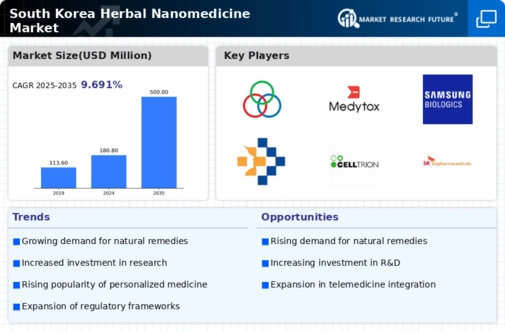
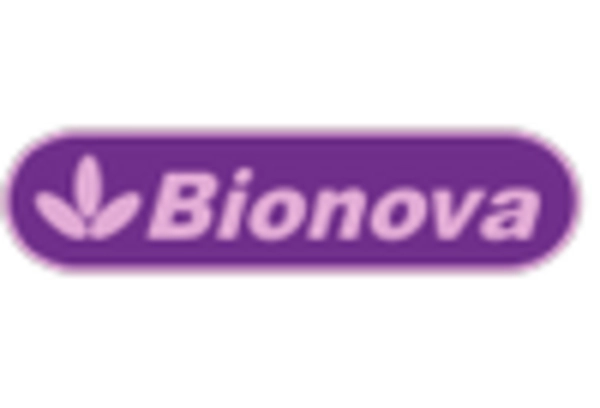
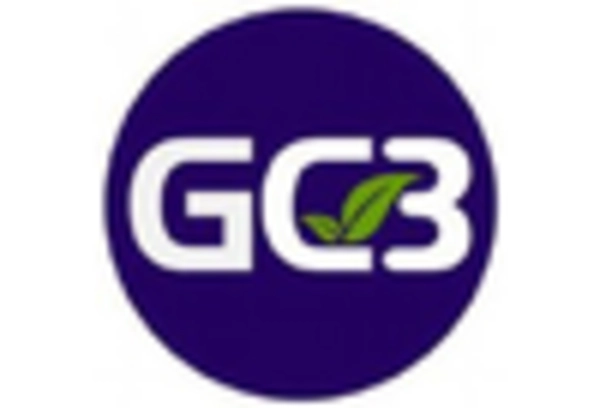
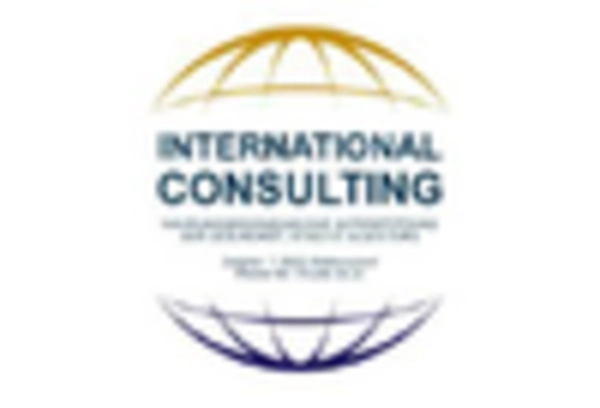
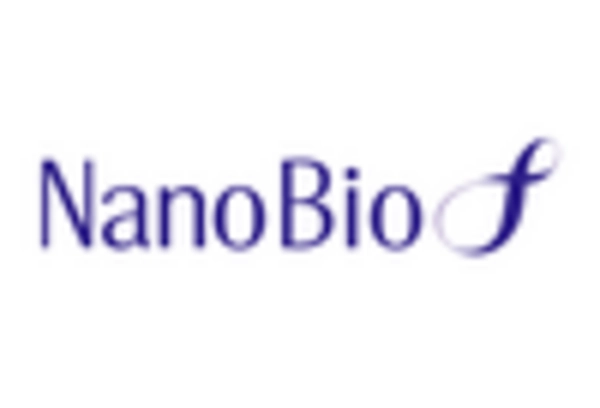
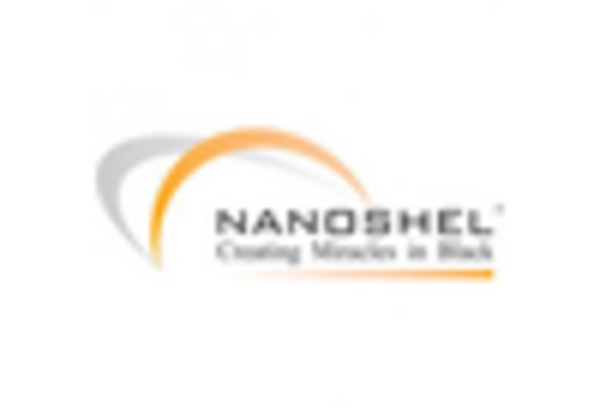
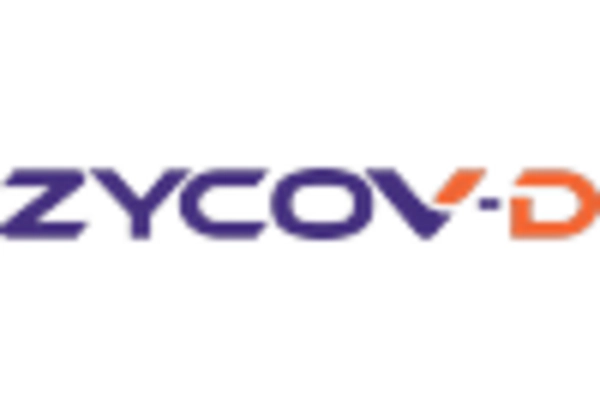








Leave a Comment